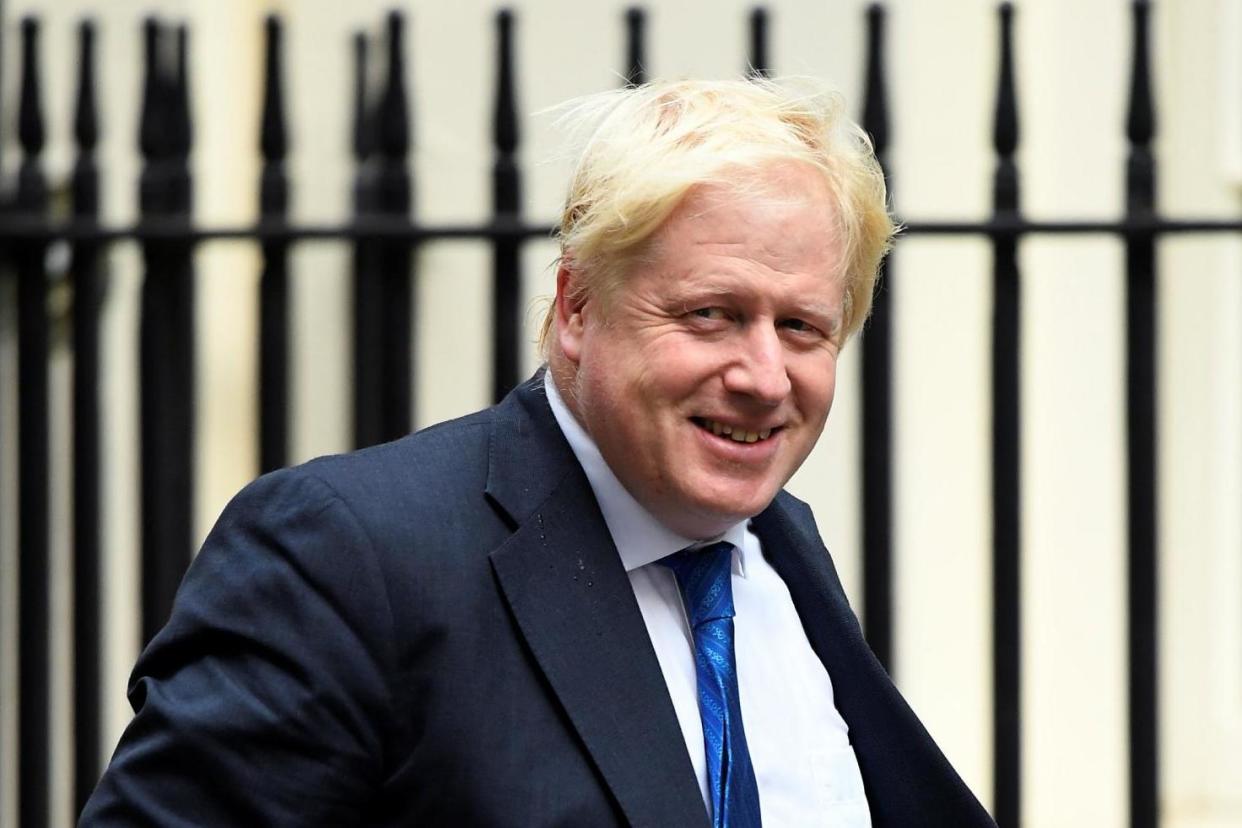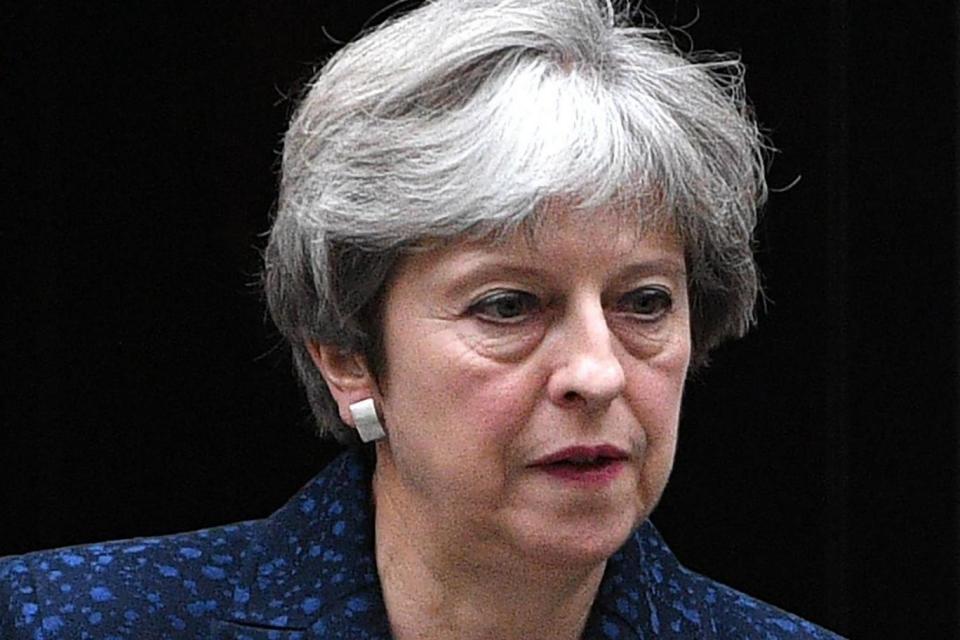Theresa May unveils Brexit speech amid warning of 'painful and costly' divorce

Theresa May handed out her big Brexit speech at a special full Cabinet this morning - as EU negotiator Michel Barnier warned of a “painful, not pleasant, and costly” divorce ahead.
The high stakes were underlined by a warning from the City of London that 10,000 banking jobs have already leaked from London to overseas over fears of a “hard Brexit”.
With 24 hours left before she stands up in Florence to make a speech that could change the pace of Brexit talks, the Prime Minister flew home overnight from the United Nations in New York, arriving at 10 Downing Street around 8.30am.
Cabinet kicked off at 10am and was expected to last two hours, including “reading time” for ministers to absorb the 5,000-word draft speech and other material.
Mrs May was expected to explain her strategy and then allow an open discussion among the full Cabinet.
In Brussels, it was reported that Mr Barnier was sounding confident that nothing Mrs May could say would persuade the 27 other EU countries to withdraw his mandate to block the trade talks that Mrs May is craving until she gives firm commitments over money, the Irish border and citizen rights.

“How do you build a future relationship if there’s no trust,” he was quoted as saying by Politico, while saying Brexit reminded him of a messy divorce.
But French former minister Xavier Bertrand urged EU leaders to soften: “I know one thing for sure - nobody has the right to punish the UK and the British people,” he said. “It was a sovereign choice.”
He added: “Punishing and looking to punish is a terrible mistake.”
Belgian politician Geert Bourgeois said countries were “pleading for a soft Brexit” to save trade, saying 45 per cent of exports from Zeebrugge were to the United Kingdom.
Miles Celic, chief executive of lobby group TheCityUK, urged UK ministers to prioritise a transitional exit deal or risk losing billions of pounds worth of banking business and taxes.
He confirmed estimates that 10,000 jobs have already gone and said the exodus would speed up unless financial companies felt more confident.
“People can’t just hope for the best,” he said. “There are a range of contingency plans that people have in place. The longer we have to wait to know there will be a transitional deal, the more people will be forced into moving operations.”
He warned on the BBC’s Today: “We can’t wait until the end of the process, we can’t even wait until Christmas.”
Mrs May hopes to unite her Cabinet behind a bold offer to EU leaders that could include a stronger commitment to pay into EU funds during a transition.
No 10 has not denied that over £20 billion in on the table, while sources say £40 billion could be offered during talks.
Foreign Secretary Boris Johnson rocked the Government by publishing his personal Brexit manifesto which opposed paying for future market access.
The two flew home on the same plane but aides said the journey was “uneventful”.
EU officials are determined to present a united front ahead of the speech, and while many hope she will make a major financial offer, there are concerns that she will be unable to follow through on any promises.
“We are not going to have a formal discussion of Prime Minister May’s speech,” said one senior EU official, on condition of anonymity.
Agriculture commissioner Phil Hogan, speaking yesterday to the Standard, said: “There has been a number of contradictory messages conveyed by the UK side for a period of time. ... We need to get some indication from the British side to know how are they going to square the circles.”
Mrs May will meet the EU’s 27 other leaders next Thursday in the Estonian capital, Tallinn, for an informal dinner.
European Council president Donald Tusk is preparing leaders for a discussion about Europe’s future.

 Yahoo News
Yahoo News 
